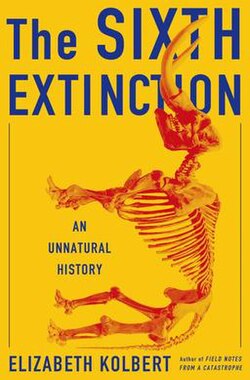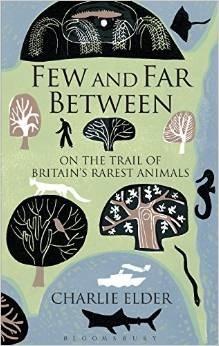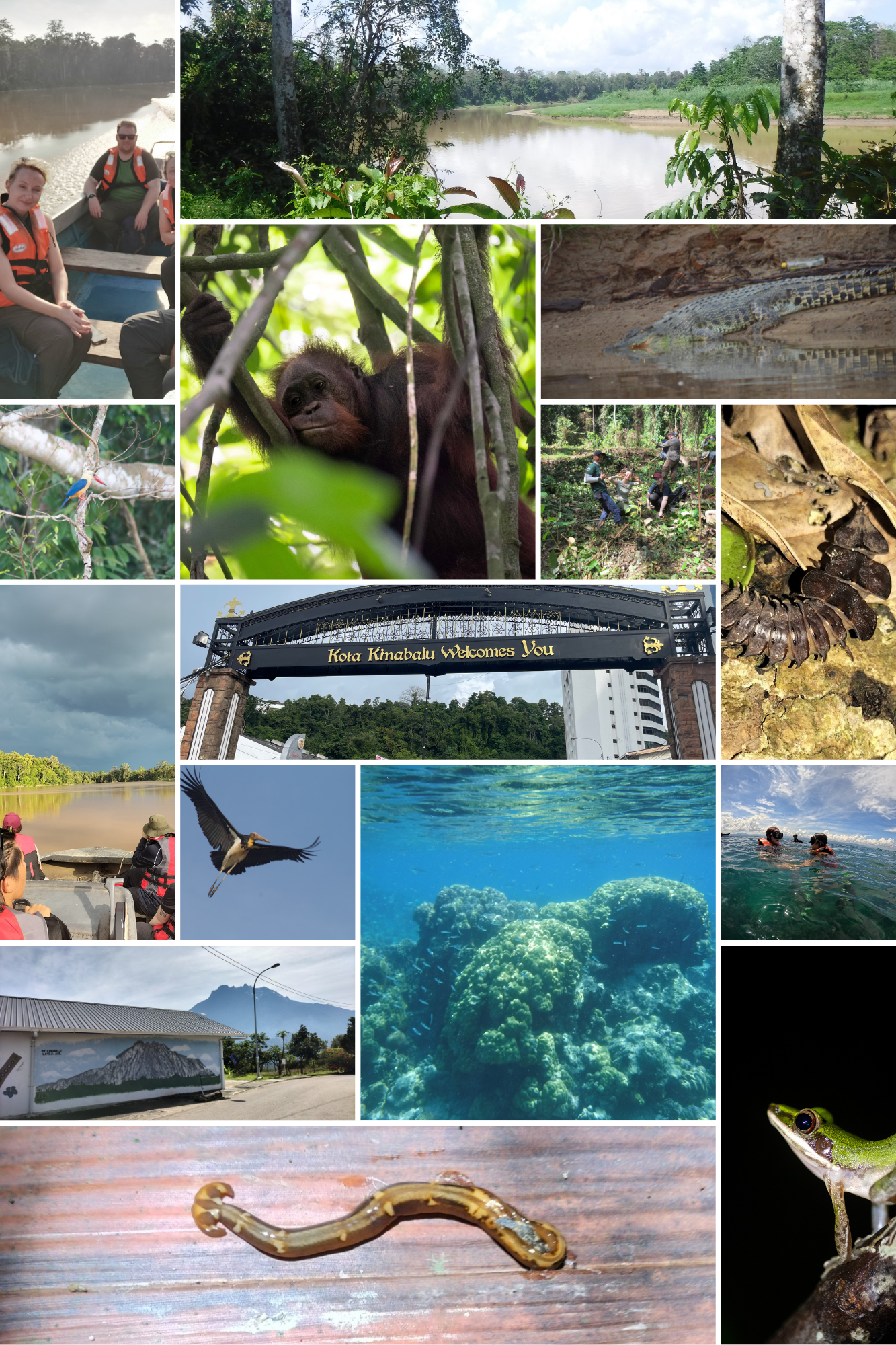
If you continue browsing this website, you agree to our policies:
x
Section outline
-
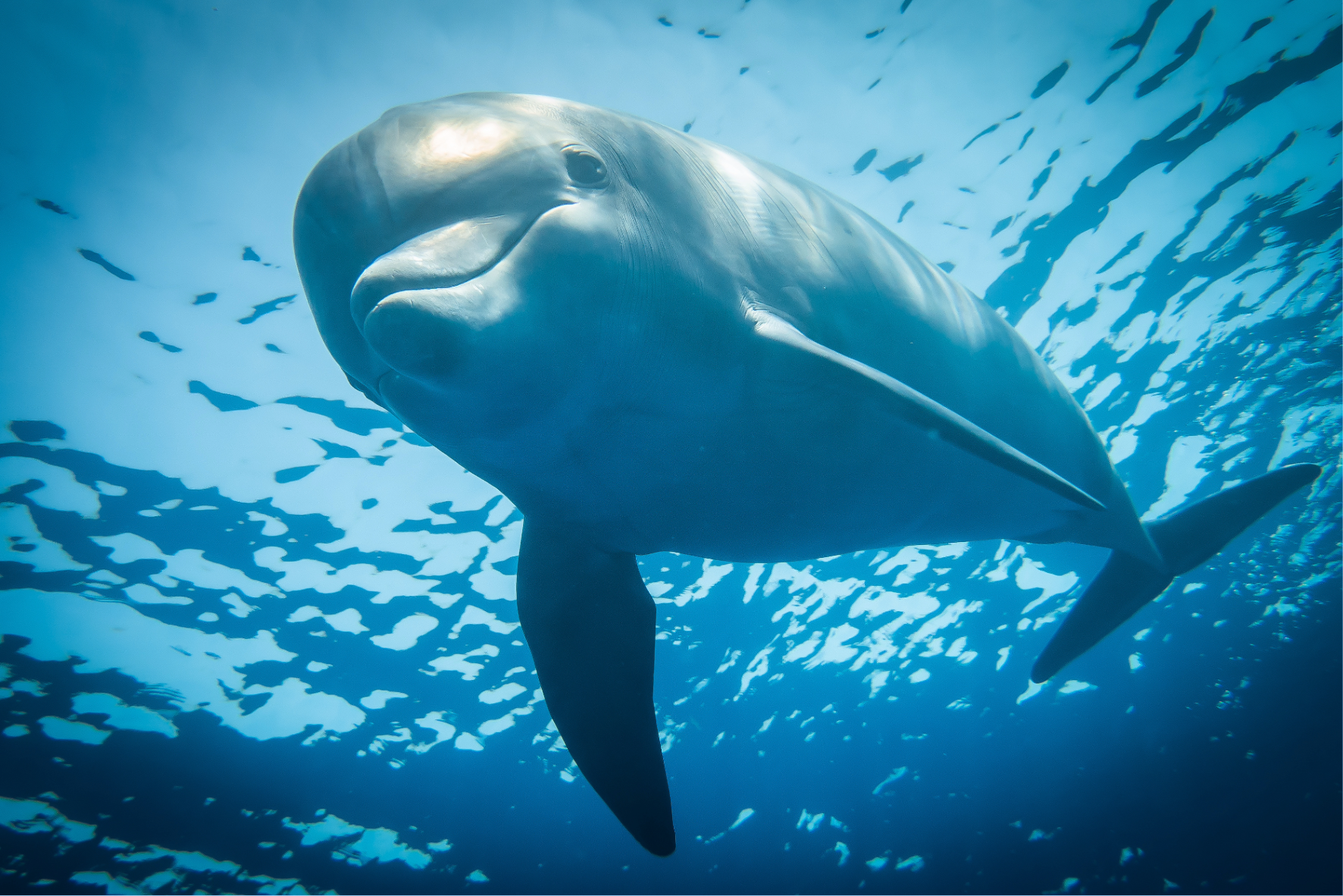

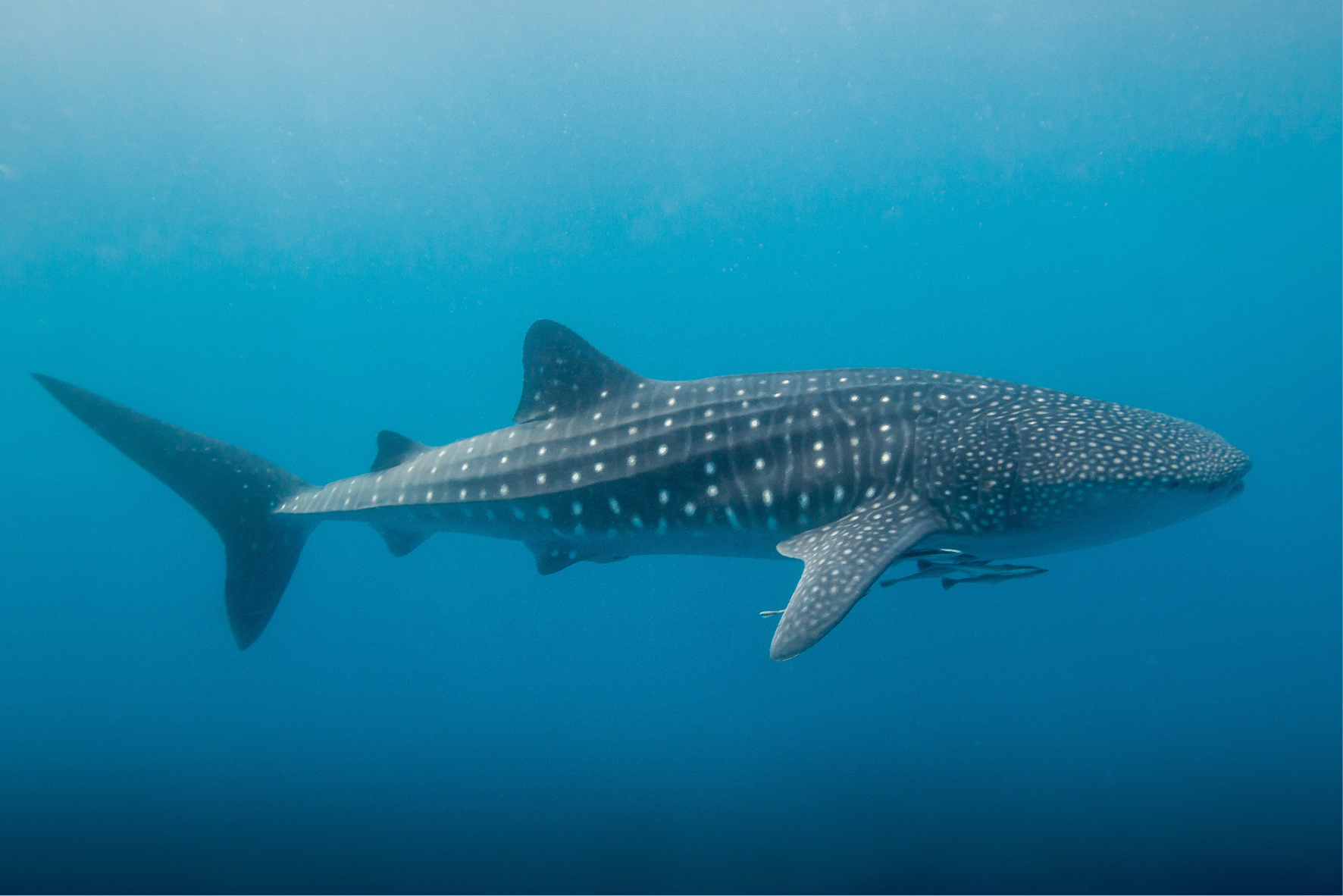
-
Full and Part-time Courses Starting September 2025
-
Full and Part-time Courses Starting September 2025
-
This link will take you to the download page for QGIS if you want to download in preparation for your course. Choose the right download package for your laptop (Microsoft or Mac).

-
CIEEM is the leading professional membership body representing and supporting ecologists and environmental managers in the UK, Ireland and abroad. TheirVision is of a healthy natural environment for the benefit of current and future generations. With a growing membership and an increasingly influential voice we are transforming the professionalism of the sector, just as our members are transforming understanding of, and attitudes towards, protecting and enhancing our natural environment.
-
BES is a global community of scientists shining a spotlight on the intricacy and value of our natural world, providing the evidence for better decisions.
-
The Natural History Book Store, also known as NHBS, specialises in books and equipment related to wildlife, ecology, and conservation. They offer over 135,000 books covering various aspects of natural history, along with a comprehensive range of wildlife survey equipment, nest boxes, and habitat management tools.
-
The Earthshot Prize is a global challenge to find, support and celebrate those who turn bold ideas into real solutions to repair our planet. The Earthshot Prize is the most prestigious global environmental prize in history, designed to incentivise change and help repair our planet.

-
Explore the frontiers of science! New Scientist is one of the world’s most popular weekly science and technology publications. Their website, app, and print editions cover international news from a scientific standpoint, and ask the big-picture questions about life, the universe and what it means to be human.
-
Mongabay is an independent media organisation reporting on nature and planetary challenges with a global network of local journalists.
-
With a million species at risk of extinction, David Attenborough explores how this crisis of biodiversity has consequences for us all, including putting us at greater risk of pandemic diseases.
Please Note: A BBC iPlayer Account is required.
-
Watch live webcams of different animals around the world.
-
Hear from the experts at the Natural History Museum London.
-
Chasing Coral taps into the collective will and wisdom of an ad man, a self-proclaimed coral nerd, top-notch camera designers, and renowned marine biologists as they invent the first time-lapse camera to record bleaching events as they happen. Unfortunately, the effort is anything but simple, and the team doggedly battles technical malfunctions and the force of nature in pursuit of their golden fleece: documenting the indisputable and tragic transformation below the waves. With its breathtaking photography, nail-biting suspense, and startling emotion, Chasing Coral is a dramatic revelation that won’t have audiences sitting idle for long.
-
A filmmaker forges an unusual friendship with an octopus living in a South African kelp forest, learning as the animal shares the mysteries of her world.
Please Note: A Netflix Account is required.
-
Using the link above, search for 'Conservation' to select from the 300+ 15-minute talks.
-
Wild Art Founder Rob Read and Wild Art POTY Judge Josh Galicki co-host the Wildlife Photography Podcast which focuses on the topic of wildlife photography, covering all aspects of the genre. The two discuss various topics in a chatty and organic format, and are sometimes joined by special guest photographers, conservationists and nature experts.
-
Calculate your carbon footprint. Our world is in crisis - from climate change to the pollution in our oceans and devastation of our forests. It's up to all of us to fix it. Take your first step with our UK-based environmental footprint calculator.
-
Help researchers gather important data online. The Zooniverse is the world's largest and most popular platform for people-powered research. This research is made possible by volunteers—millions of people around the world who come together to assist professional researchers. Our goal is to enable research that would not be possible, or practical, otherwise.
-
Please take a moment to explore the various field trips that students have enjoyed participating in.
